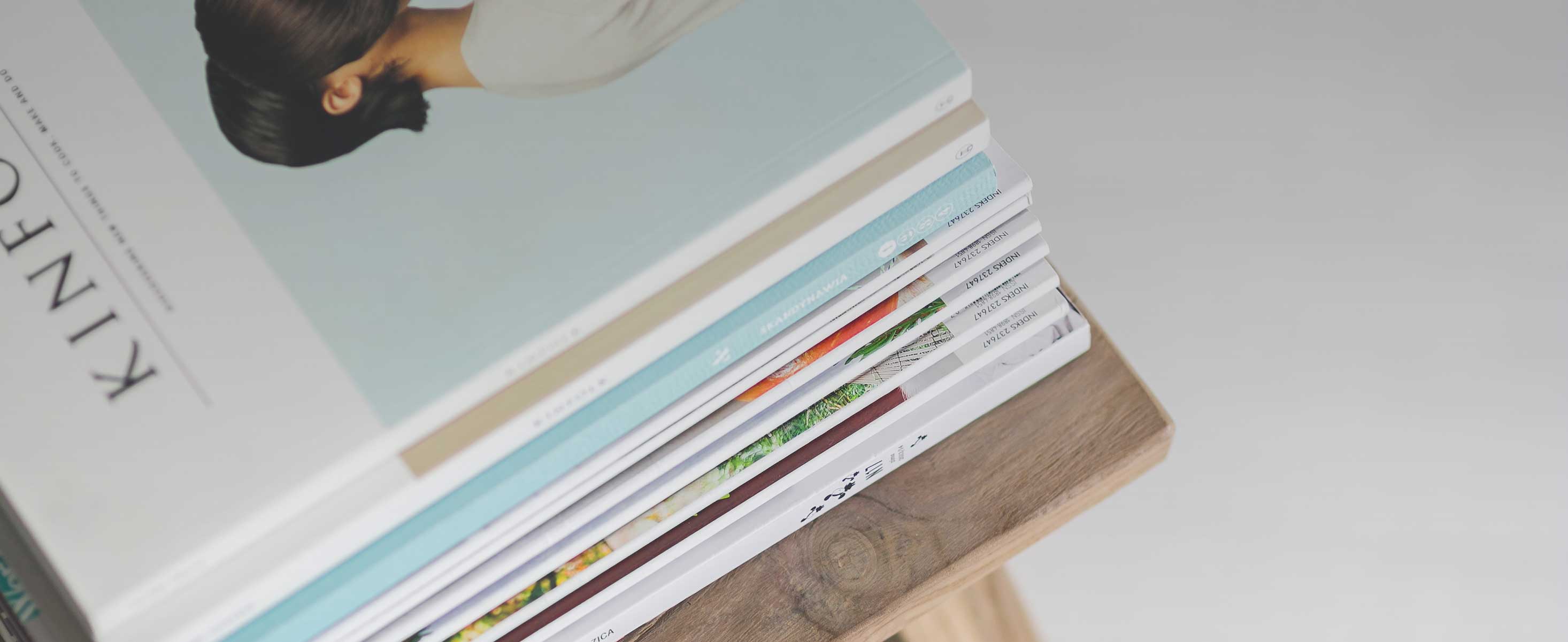
2 minute read
Letter from the editor
THE WORLD is changing. The world’s richest person, Elon Musk, whose offer this week of $44 billion (R690bn) to buy out Twitter was accepted, doesn’t own a home.
In fact, he says he sleeps at friends’ homes.
Advertisement
The last of his mansions was sold late last year, turning the new sole owner of Twitter into a tenant and, it seems, at times, a couch surfer.
His last property, a $37.5m (about R562m) mansion in San Francisco, eventually sold for $32m, $5.5m less than he initially wanted.
He sold all seven of his homes over a two-year period after telling the world he no longer wanted any physical possessions, but rather aimed to focus on sending humans to Mars.
It is, of course, one thing to be a house-less billionaire and quite another to be a house-less person living on the streets.
So, while there is a slowly growing trend not to put one’s money into bricks and mortar (a number of millionaires are selling off their global property assets to have only one main mansion), there is also a growing number of first-time home buyers who are celebrating the fact that they are putting their monthly earnings into an asset that could bear fruit for them down the line, and one that gives them the protection of a roof over their heads.
For many, owning their home provides a sense of stability and protection. They also know, all things being equal, that after 20 years they will have an asset, unlike a tenant who walks away with nothing.
Bricks and mortar are also the entrepreneur’s dream with many making money from flipping properties, or becoming landlords, or even not owning a home but earning their money from managing Airbnb homes.
The fact is, property is an asset, unless of course you are dreaming of colonising Mars, which is a whole other ballgame. What are your thoughts?
Warm regards
Vivian Warby
vivian.warby@inl.co.za



